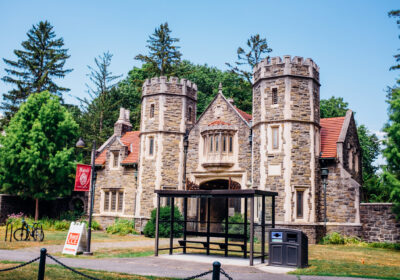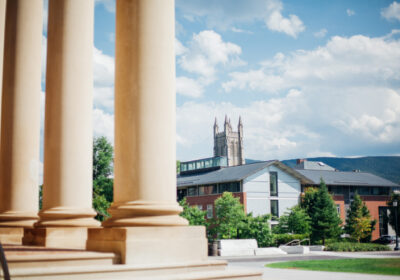Alyza Sebenius’ recent article in the Atlantic that focused on mentors, specifically their role in the lives of students with disadvantages, brought me right back to my dissertation. Although the article discusses the power of mentorship broadly, I was especially excited about the discussion of Robert Putnam’s Our Kid’s (an updated, sharper Bowling Alone), whose work and definition of social capital/social capital theory I use in my dissertation:
Putnam, who in his book notes that privileged youth are two to three times more likely to have an informal mentor outside of their family, said that “kids from working-class homes need more caring adults in their lives.” Disadvantaged students, he said, often lack access to the range of role models available to their more privileged peers—such as coaches, clergy, neighbors, or family friends. Absent these advisors, underprivileged students may be deprived of the kinds of information necessary for navigating and thriving in large institutions like colleges—for exercising what Putnam described as “savvy.”
This information, my dissertation and many other studies found, can be obtained when students develop relationships with not only mentors outside of school but also teachers, counselors and even principals. It is no surprise that this article goes on to discuss school counselors (and college) specifically:
Mentors are just one form of role models on campus that can shape student outcomes. School counselors represent another tier of non-teacher adults who can make a large difference for students: A 2013 study correlated the addition of a single guidance counselor at a given school with a 10 percentage point increase in four-year-college-going rates at the school.
Read the full article here: http://www.theatlantic.com/education/archive/2016/01/mentorship-in-public-schools/423945/


